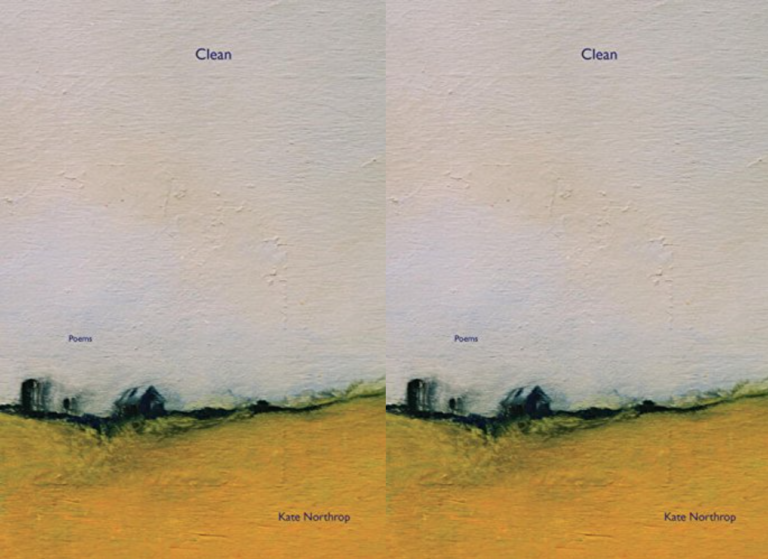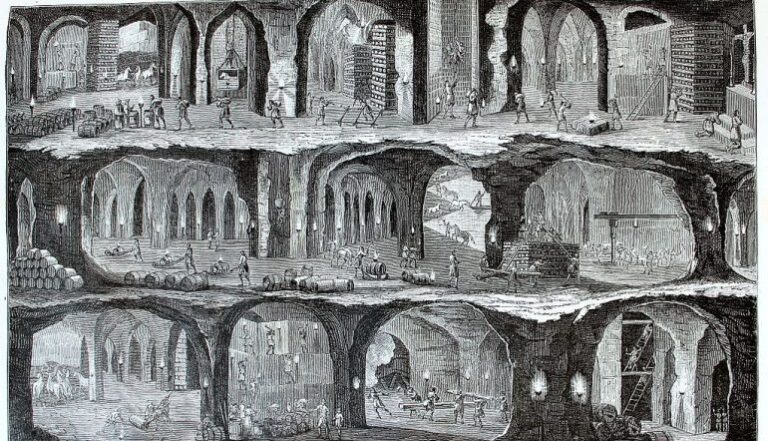Canada
Canada
Richard Ford
Ecco, May 2012
432 pages
$27.99
I found myself humming Simon and Garfunkel’s “Mrs. Robinson” while reading Richard Ford’s Canada—only instead of “Joe Diamaggio,” I sang “Frank Bascombe,” the hero of the Ford Trilogy that began with the Sportswriter, peaked with Independence Day, and closed with The Lay of the Land. I will admit it here and now: I fell for Frank Bascombe, and hard. Is there a more likeable fuck-up in American literature? I think not. Ford delivered on Bascombe’s beautiful, conflicted promise again and again, mucking Frank up with America and spinning out some of the most memorable scenes in modern literature.
This love that readers feel for recurring characters is the reason Arthur Conan Doyle tried to kill off Sherlock. It’s the reason that Billy Joel hates the song “Piano Man.” Here I am, seven sentences into my review of Ford’s latest novel sans Bascombe, and I haven’t said a thing about it. Readers like to bask in their favorite works, while writers are ready to move on to new narrative challenges. Luckily I’ll follow Ford wherever he wants to take me.
Canada is a return to Ford’s pre-Bascombe romance with the West. His protagonist, Dell Parsons, is the fifteen-year-old son of a shotgun marriage whose father, in an ill-advised attempt to break out of his post-war rut, decides to rob a bank. His mother assists, thinking she can save him, and they both wind up in jail, leaving Dell and his twin sister, Berner, to fend for themselves.
Berner, the braver twin, runs away to California, while Dell obeys his mother’s wishes and goes to live with a friend in Canada. Not Toronto or Montreal Canada, but vast, desolate Saskatchewan Canada, where he is thrown in with the enigmatic hotelier Arthur Remlinger and his Metis handyman Charlie. Here on the windswept prairie, Dell reconciles his parents’ robbery and its effect on his life and tries to understand human nature. Can you know an outlaw just by looking at him? Were his parents bank robbers even before they drove up to the front door of the North Dakota Agricultural National Bank? Or were they defined by the doing?
And here is where the ghost of Bascombe returns, for Ford is always contemplating this same question: when are we invented? Is it something done for us, or something we can do for ourselves? The answer is different in Canada than it was in New Jersey, but the question is still worth asking.


